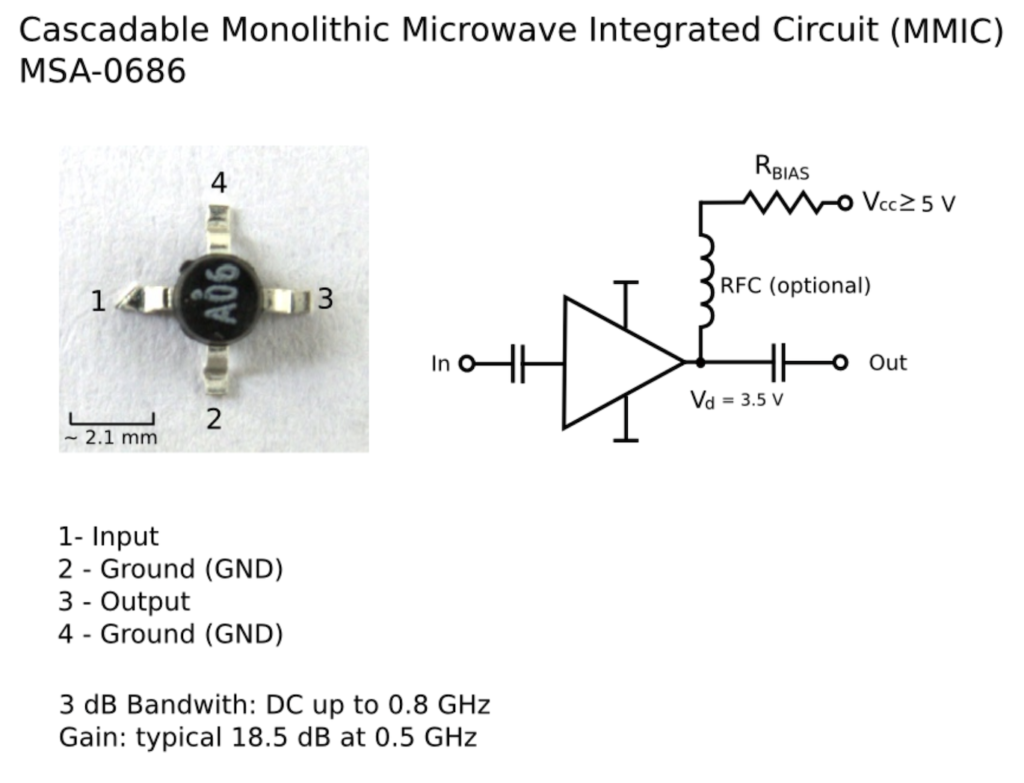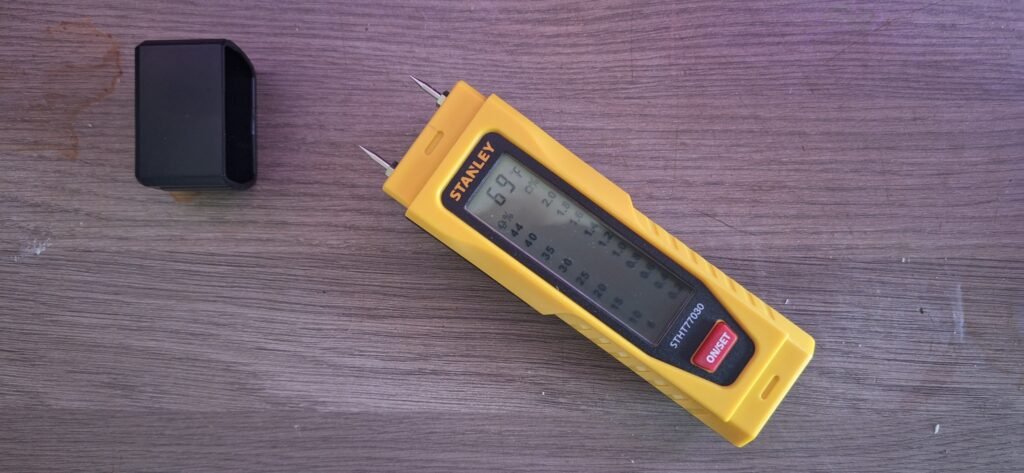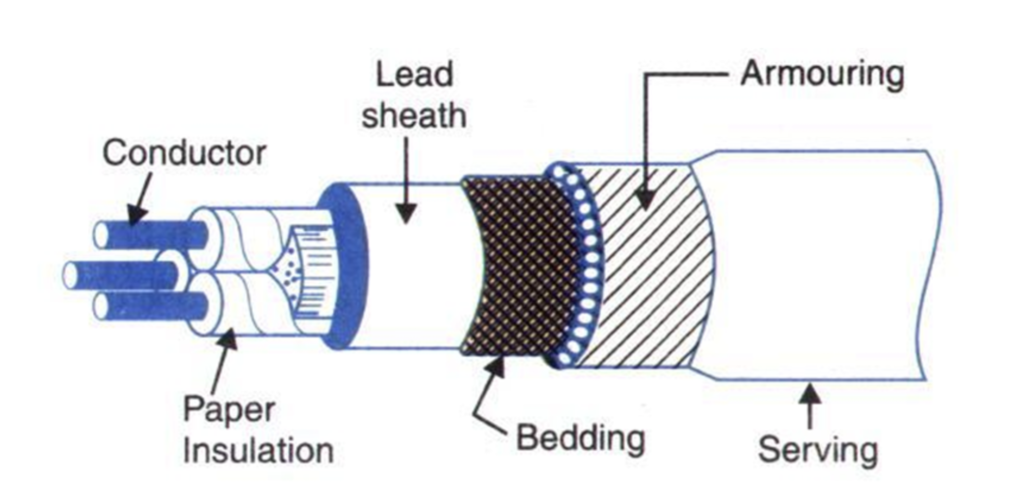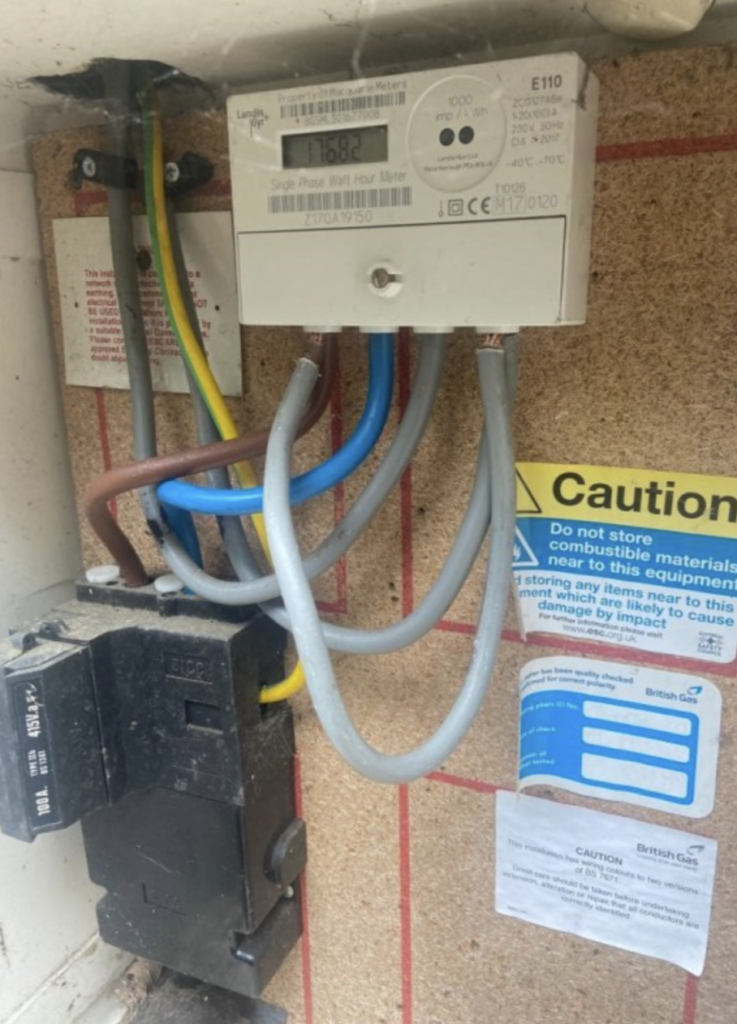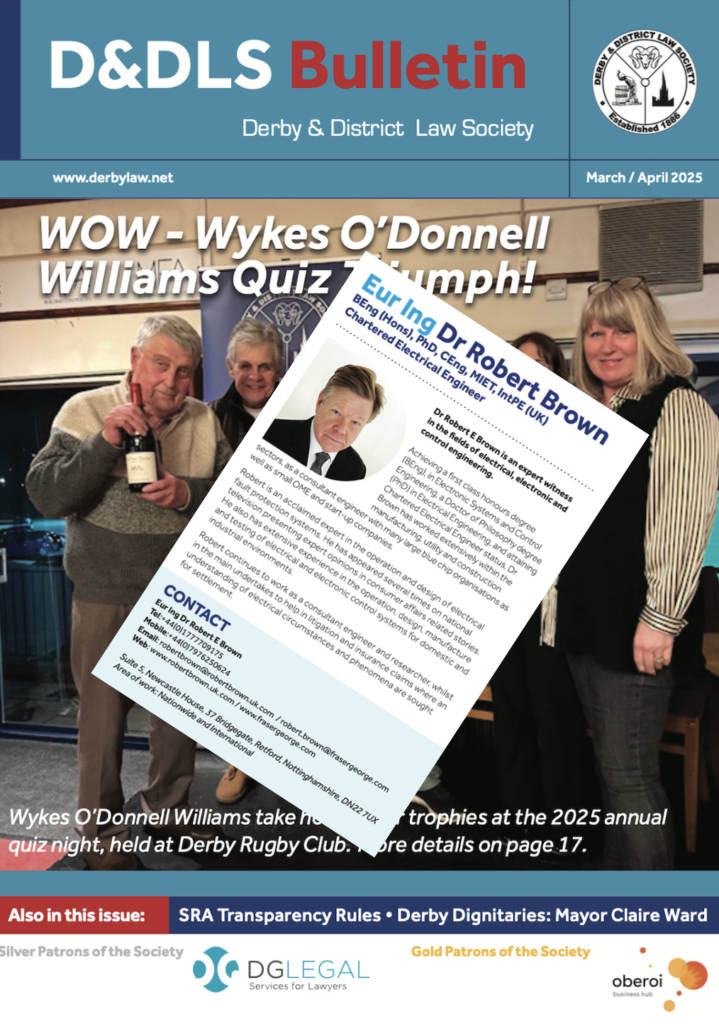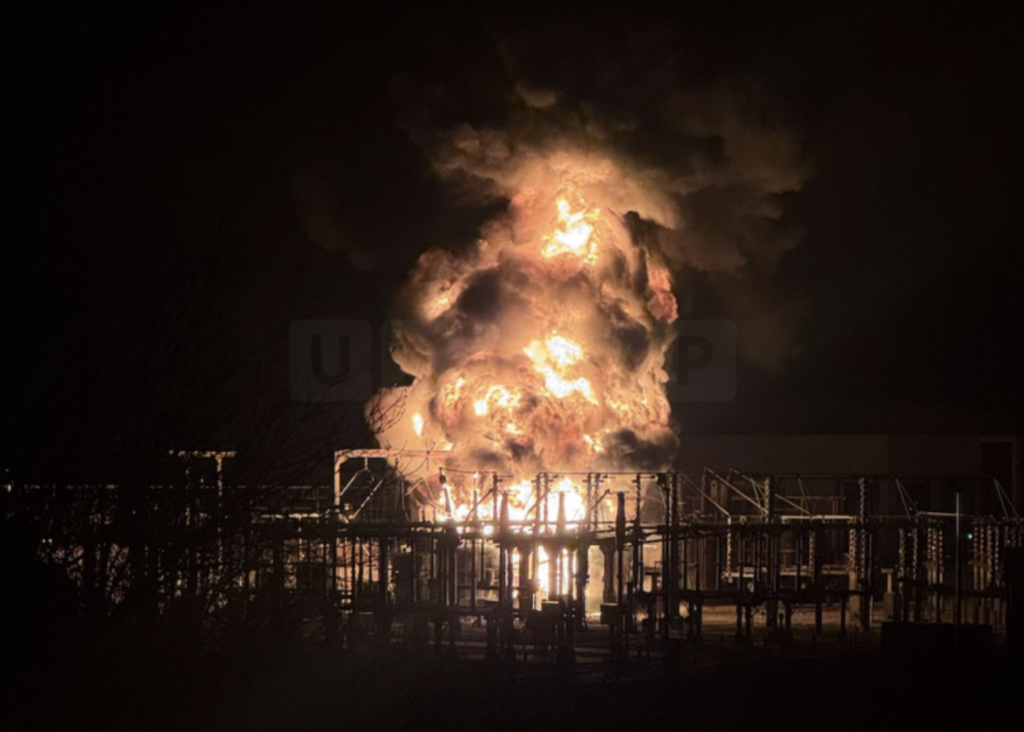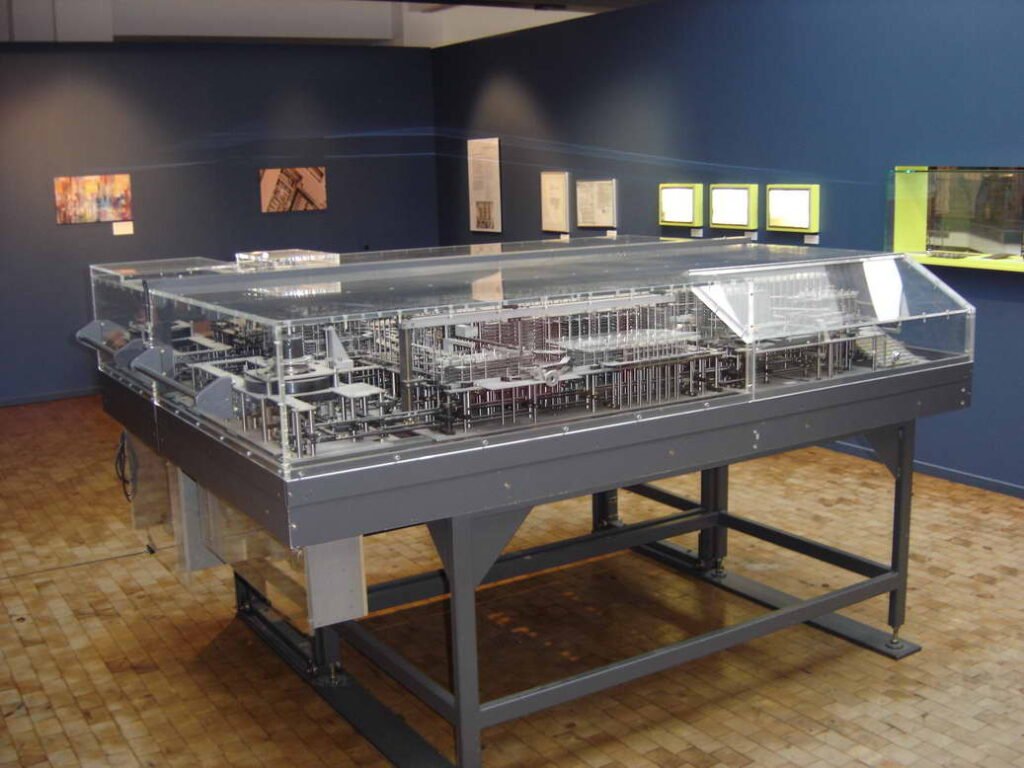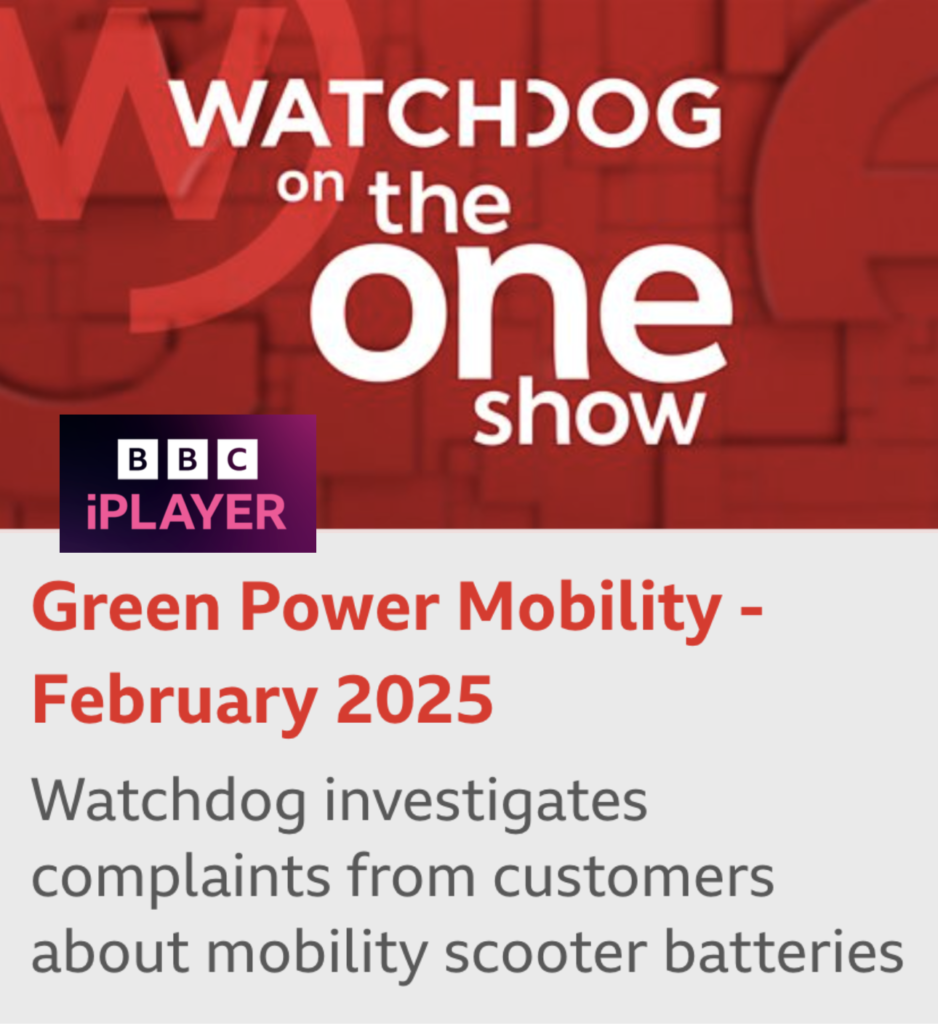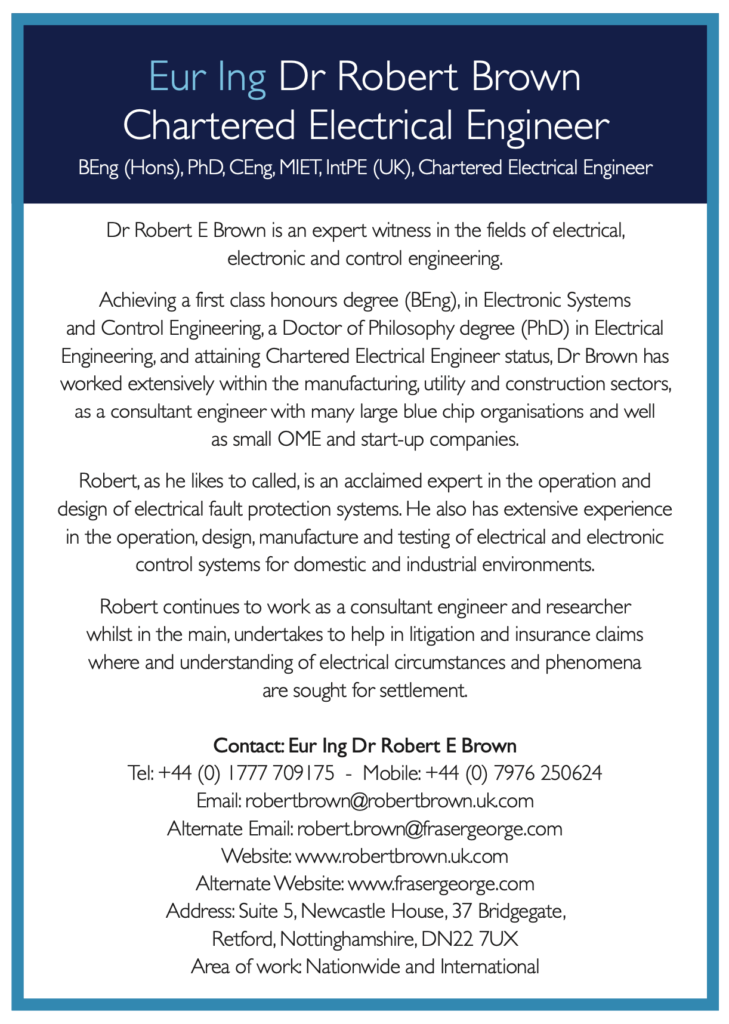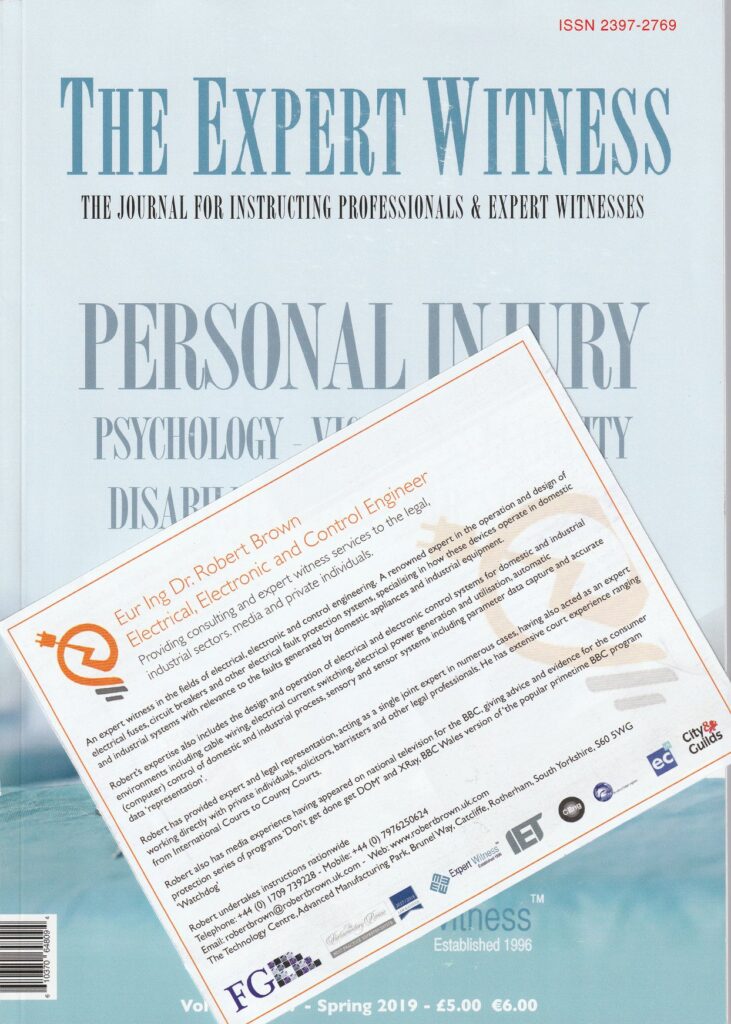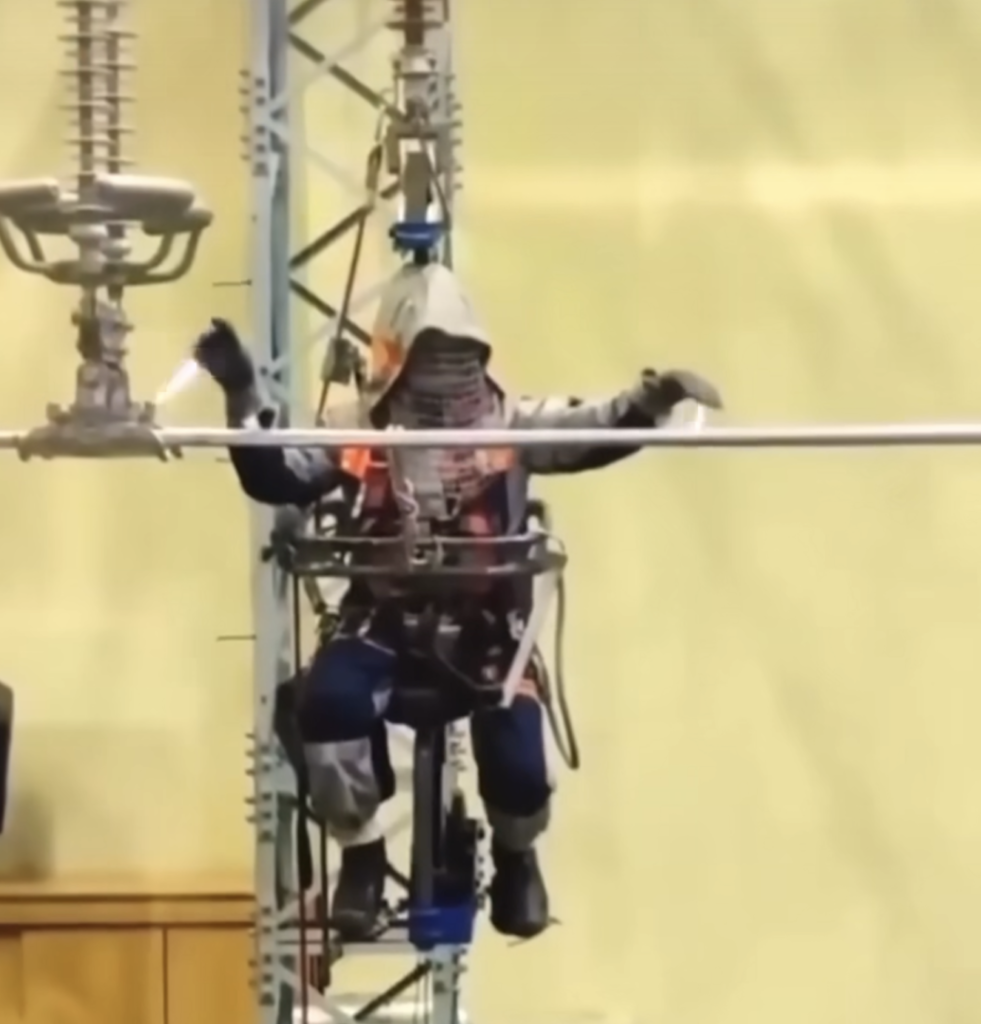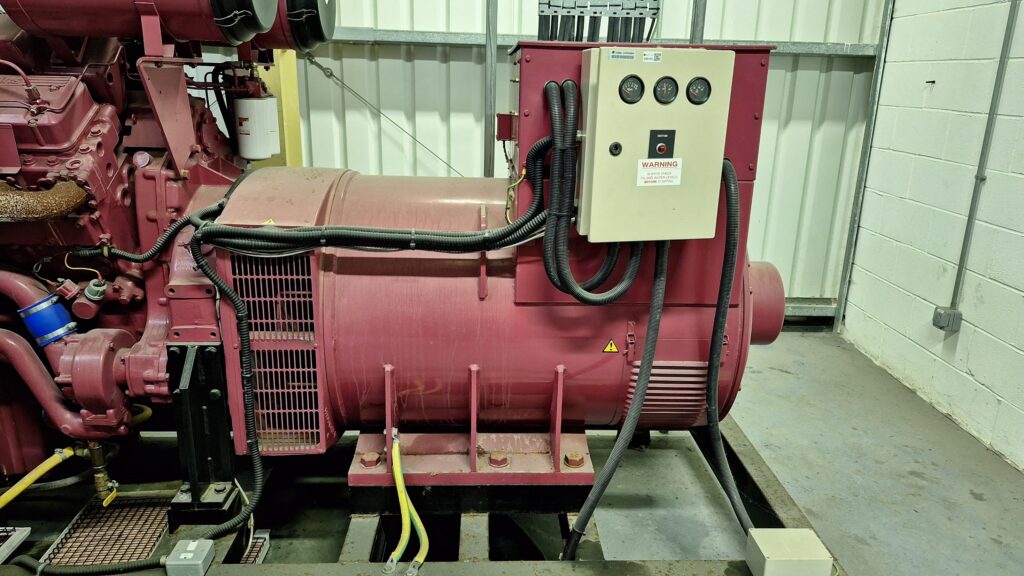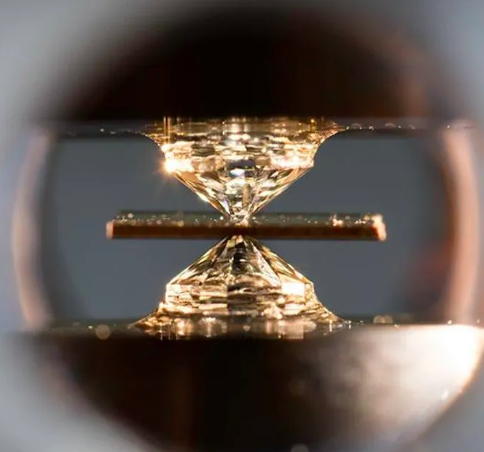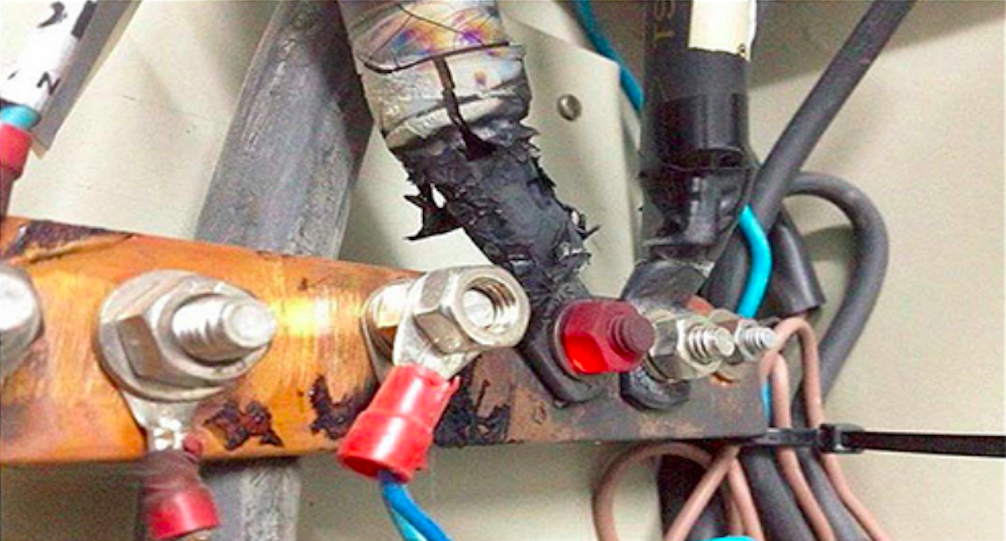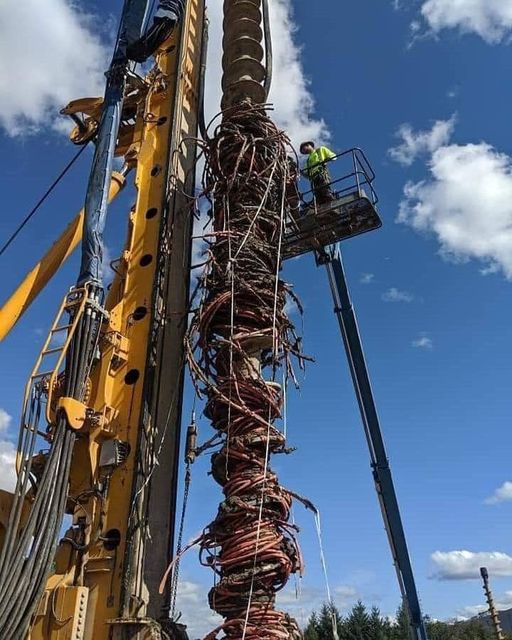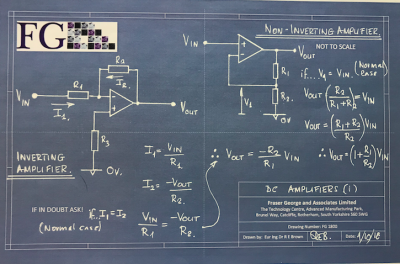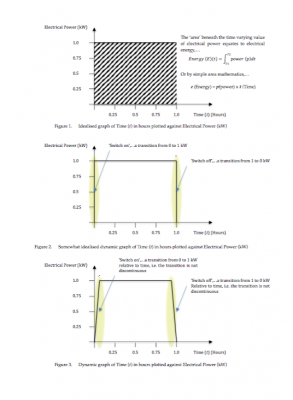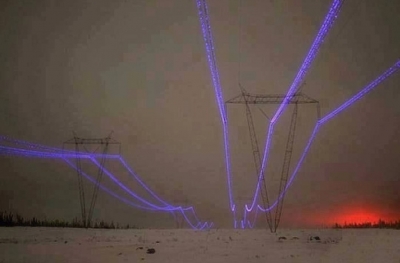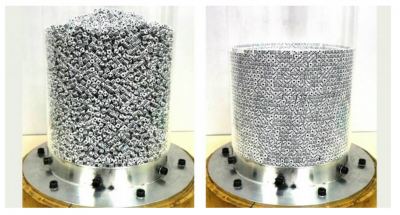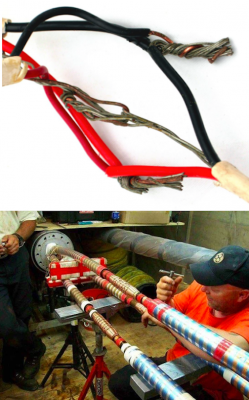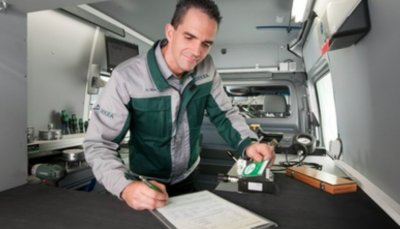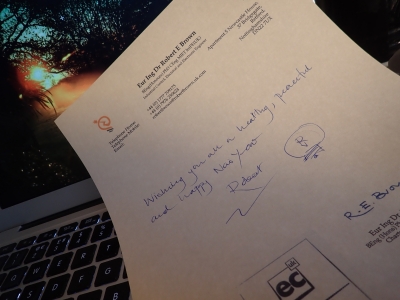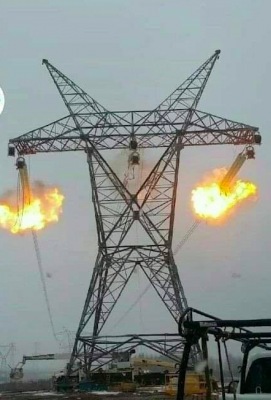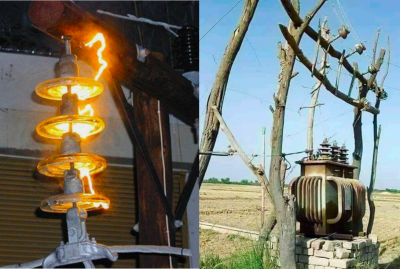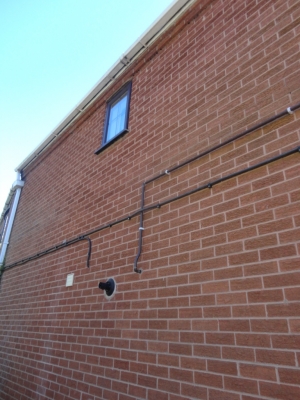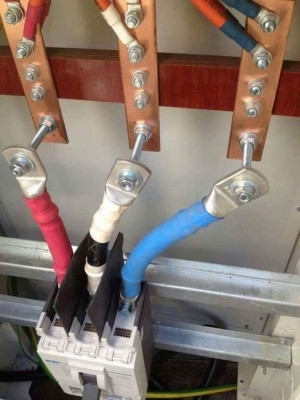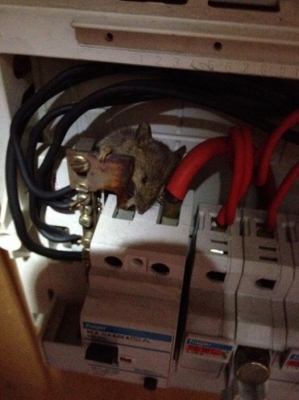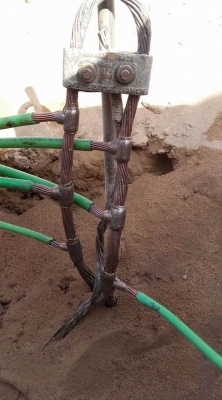Electrical Expert Witness? Electrical dispute? Do you require the services of an experienced electrical expert witness? CPR 35 expert report? Contact Fraser George !!
What is alternating current (AC) ?
Alternating current (AC) is an electric current which periodically reverses direction and changes its magnitude continuously with time in contrast to direct current (DC) which flows only in one direction.
Alternating current is the form in which electric power is delivered to businesses and residences, and it is the form of electrical energy that consumers typically use when they plug kitchen appliances, televisions, fans and electric lamps into a wall socket.
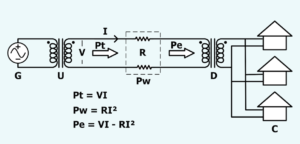
A common source of DC power is a battery cell in a flashlight. The abbreviations AC and DC are often used to mean simply alternating and direct, as when they modify current or voltage.
Principals of alternating current
Faraday’s Law states that a changing magnetic flux on a looped conductor will produce a magnetic force that causes the electrons in the conductor to move, creating a current. This is known as electromagnetic induction, and is the fundamental principle underlying many generators of electrical energy.
The magnetic force applied to the electrons creates a voltage charge in a conductor known as an electromotive force. The strength and direction of the electromotive force is determined by the strength and direction of the magnetic field and the velocity of either the magnet or the conductor.
How is alternating current generated?
Electric current is generated when a rotating loop of wire, known as an armature, is placed in a uniform magnetic field, or when a stationary armature is placed in a rotating magnetic field. In the first case, as the armature rotates, one half of the loop will always be moving in the opposite direction of the other half of the loop. This causes an electromotive force in opposite directions for both halves of the armature, which add together to allow a current to flow through the loop. The same result can be achieved with a rotating magnet around a stationary armature. This generation of current is entirely dependent on the armature or magnet rotating, and this rotation is powered by turbines, which rotate due to one of the sources of energy listed above.
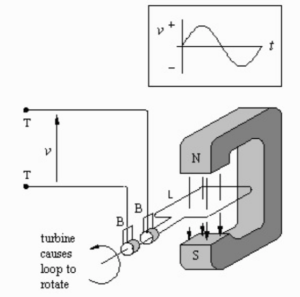
Pioneers of alternating current
The first alternator to produce alternating current was a dynamo electric generator based on Michael Faraday’s principles constructed by the French instrument maker Hippolyte Pixii in 1832. Pixii later added a commutator to his device to produce the (then) more commonly used direct current.
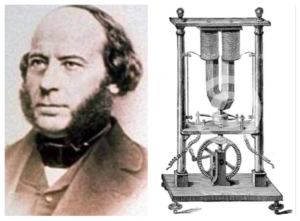
The earliest recorded practical application of alternating current is by Guillaume Duchenne, inventor and developer of electrotherapy. In 1855, Duchenne announced that AC was superior to direct current for electrotherapeutic triggering of muscle contractions. Alternating current technology was developed further by the Hungarian Ganz Works company (1870’s), and in the 1880’s Sebastian Ziani de Ferranti, Lucien Gaulard, and Galileo Ferraris.
About Dr Robert Brown:
Eur Ing Dr Robert Brown (Robert) is the Executive Director of Fraser George and Associates Limited and is a Consultant and Forensic Engineer in the fields Electrical Electronic and Control Engineering.
Robert is an accomplished professional Electrical Expert Witness having prepared and presented many court compliant reports and presented oral evidence within the High Court, Crown Courts and County Courts.
Robert is a registered Chartered Electrical Engineer, specialising in the fields are control engineering, parameter data capture and accurate data ‘representation’. Robert graduated from Sheffield Hallam University with a first class honours degree in Electronic Systems and Control Engineering and followed this by completing doctorate research in Electrical Engineering, again at Sheffield Hallam University where Robert undertook research studies in the field of Disintegration and Arcing in Electrical Fuses. Robert is now considered to be a leading world expert in the field of electrical circuit protection systems, the phenomena of electrical fuse operation and the attributes of clearing ‘fault’ electrical current circumstances. Robert has published my pure and applied research studies in peer-refereed journals and at conference.
In his spare time Robert is a Formula 1 motor racing enthusiast and enjoys outdoor activities especially hill walking and scrambling, golf and fishing. Robert is a brass band enthusiast, a tuba player and band manager of Hatfield and Askern Colliery Band. When time allows Robert also enjoys travelling and reading any books associated with travel and popular science.
Robert’s Curriculum Vitae:
https://www.dropbox.com/home?preview=CV+2023.pdf
Robert’s litigation specialisms:
https://www.dropbox.com/home?preview=Legal+Litigation+Specialisms+2023.+docx.pdf
Robert’s case portfolio:
https://www.dropbox.com/home?preview=Case+History+2023.pdf
Robert’s notable cases:
https://www.dropbox.com/home?preview=Notable+Cases+2023.pdf
For further information please contact Robert via;
Email,…robert.brown@frasergeorge.com or robertbrown@robertbrown.uk.com
Tel Land: +44 (0)1777 709175
Tel Mobile: +44 (0) 7976250624
https://www.facebook.com/Fraser.George.Electrical.Expert
https://www.facebook.com/EurIngDrRobertBrown
https://www.linkedin.com/in/consultantrobertbrown
https://www.linkedin.com/company/21539092
Websites: www.frasergeorge.com and www.robertbrown.uk.com
https://frasergeorge.com/contact-us/
#ElectricalExpertWitness, #ElectricalEngineerExpertWitness, #ExpertWitnessElectricalEngineer, #ElectricalExpert, #ElectronicExpertWitness ,#ElectronicExpert, #ElectricalShock, #ElectricalRegulations, #ElectricalStandards, #ElectricalConsultant, #ConsultantElectricalEngineer, #ConsultantEngineer, #ForensicEngineerElectrical, #ForensicElectricalEngineer, #ElectricalRegulationsExpert, #ElectricalStandardsExpert, #ExpertElectricalEngineer,




